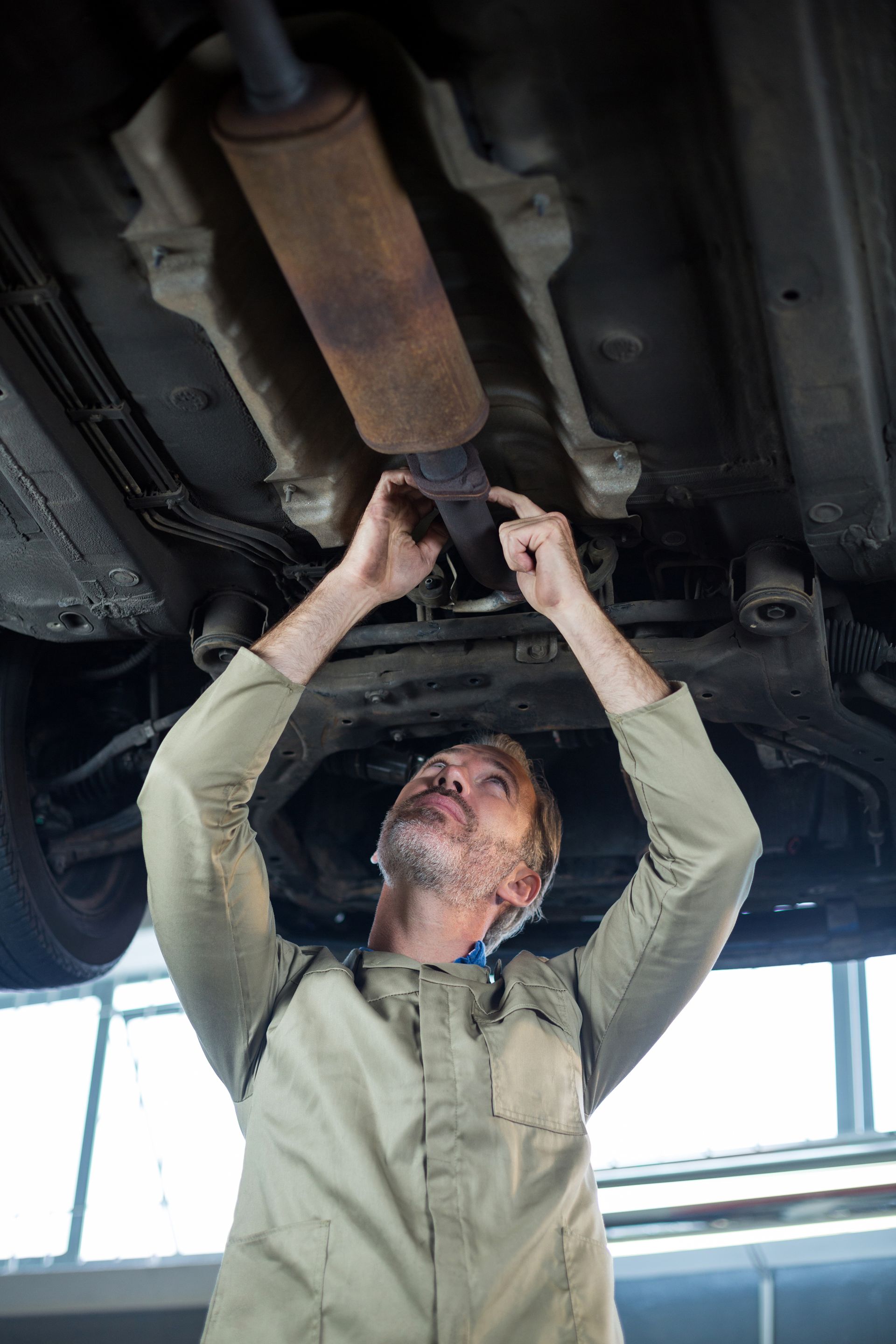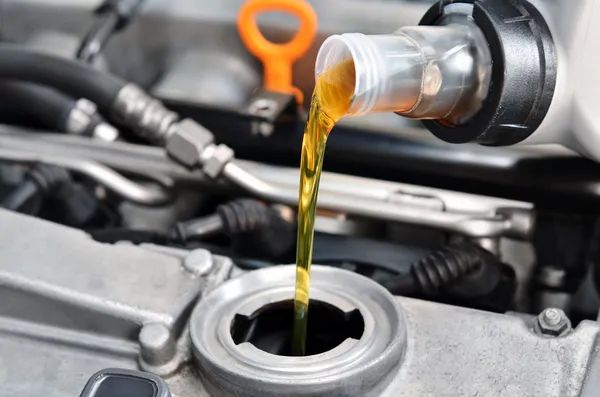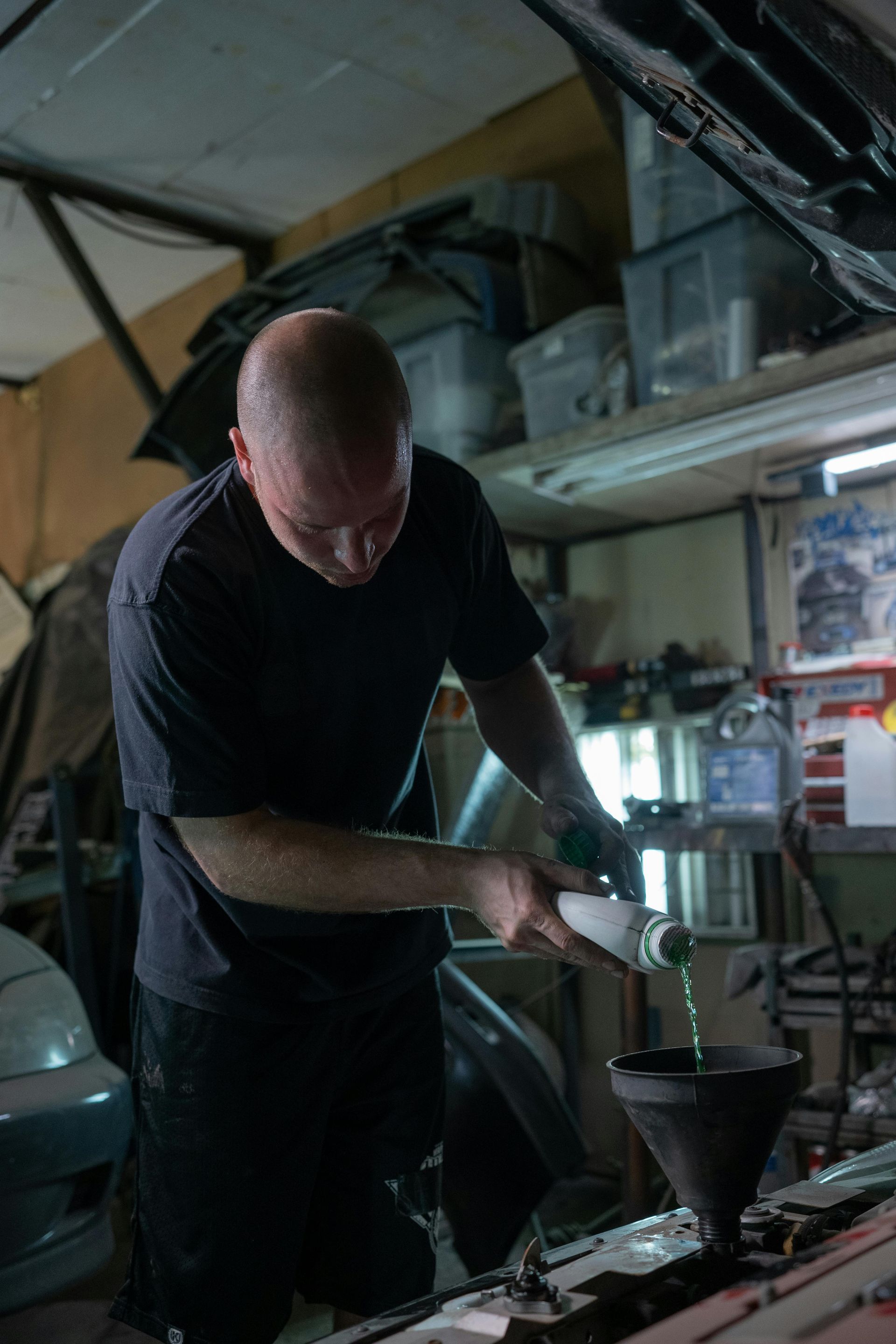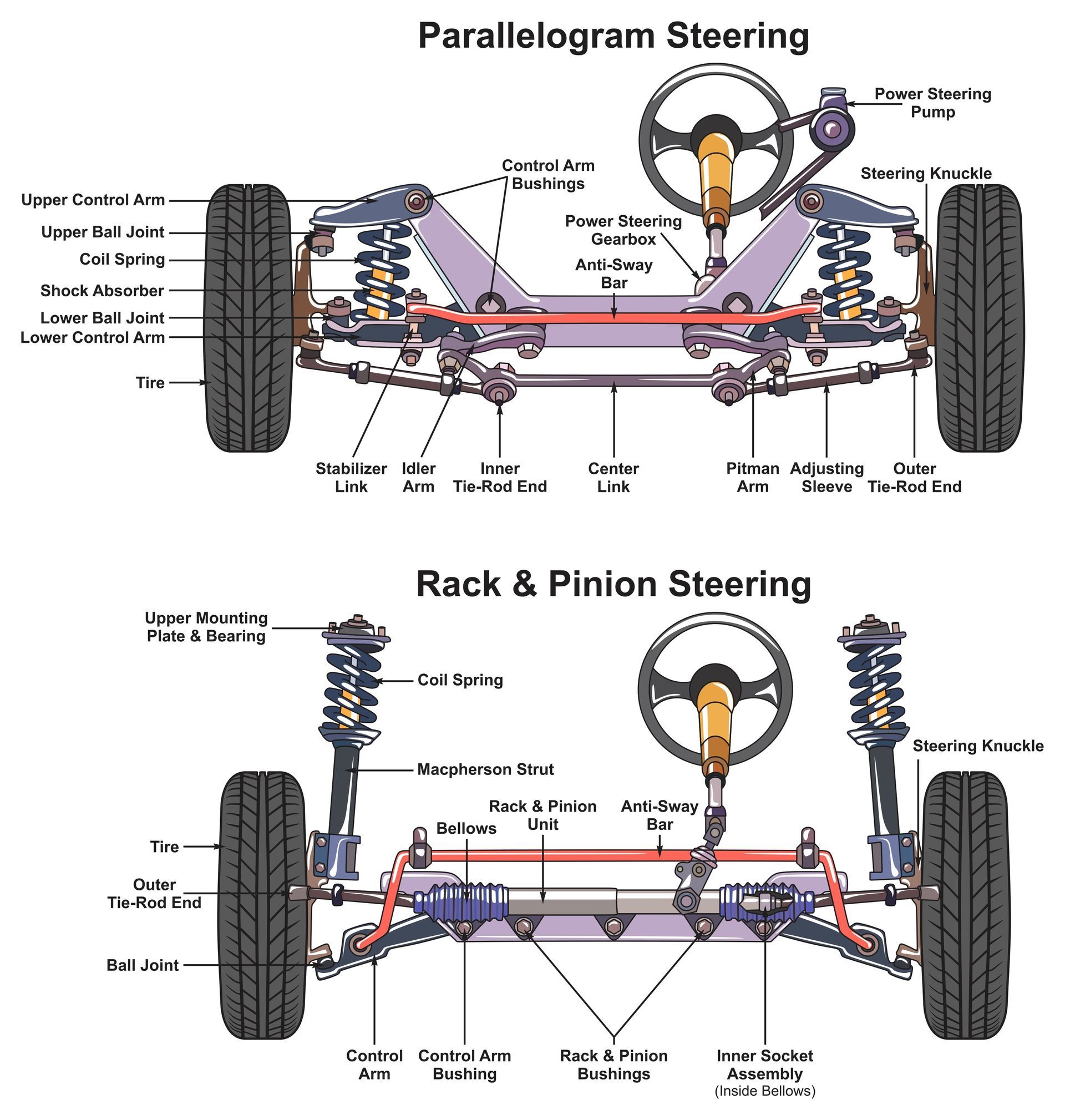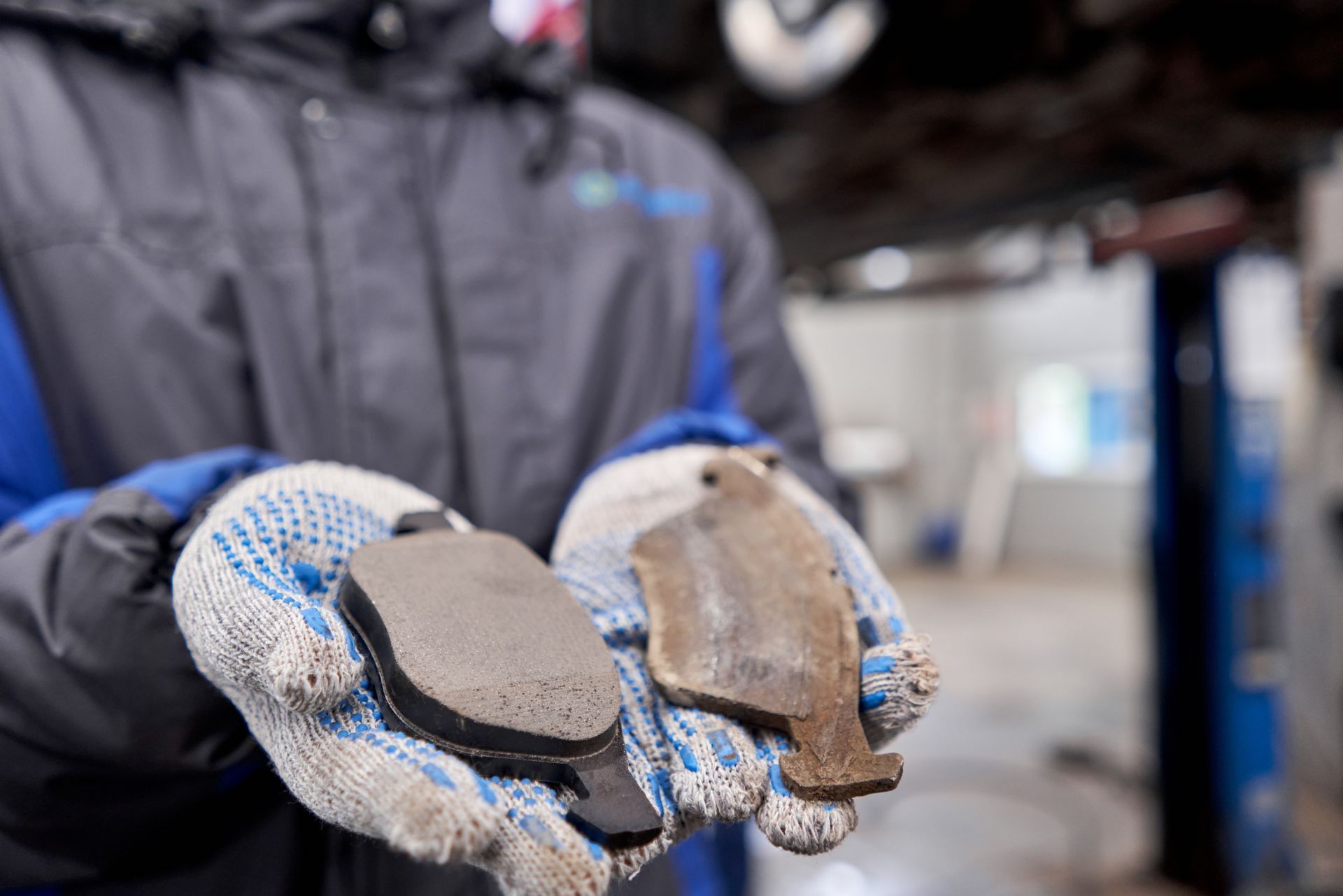What Causes a Car Battery to Die
A dead car battery can be one of the most frustrating and inconvenient experiences for any driver. Whether you're running late for work, picking up the kids, or heading out on a road trip, discovering that your car won't start because of a dead battery can throw a wrench in your plans. But what exactly causes a car battery to die? At Elite Auto Experts, we’ve seen it all, and we’re here to shed some light on the most common reasons behind a dead car battery, helping you understand how to prevent it and what to do when it happens.
1. Leaving Lights and Accessories On
One of the simplest yet most common reasons for a dead car battery is accidentally leaving your headlights, interior lights, or other electrical accessories on. Modern cars often have systems to alert you if you've left your lights on, but it's easy to miss the warning if you're in a hurry or distracted. These components can drain your battery quickly, especially if your vehicle is parked for an extended period.
2. Parasitic Drain
Parasitic drain occurs when electrical devices and systems in your car continue to draw power even when the car is turned off. Common culprits include faulty wiring, aftermarket accessories, and even your car’s onboard computer. While some level of parasitic drain is normal, excessive drain can deplete your battery over time.
3. Extreme Temperatures
Both extremely hot and cold temperatures can negatively impact your car battery's performance. In hot weather, the heat can cause the battery fluid to evaporate, reducing its ability to hold a charge. On the other hand, cold weather can thicken your engine oil, making it harder for the battery to start the engine. Additionally, cold temperatures can reduce the battery's overall capacity.
4. Corroded or Loose Battery Connections
Corrosion on battery terminals and cables can impede the flow of electricity, leading to a weak or dead battery. Similarly, loose connections can prevent the battery from charging properly or supplying power to the vehicle. Regularly checking and cleaning your battery terminals and ensuring all connections are secure can help prevent these issues.
5. Alternator Problems
The alternator is responsible for charging your car battery while the engine is running. If the alternator is malfunctioning, it won't adequately recharge the battery, causing it to deplete over time. Symptoms of a failing alternator include dimming lights, strange noises, and warning lights on your dashboard.
6. Short Drives and Infrequent Use
If you primarily use your car for short trips or let it sit unused for extended periods, your battery may not get the chance to fully recharge. Short drives don't give the alternator enough time to replenish the battery, leading to gradual depletion. Similarly, a car that sits unused for long periods can suffer from a dead battery due to natural self-discharge.
7. Old Age
Car batteries have a finite lifespan, typically between three to five years. As they age, their ability to hold a charge diminishes. If your battery is approaching or exceeding this age range, it's more likely to die unexpectedly. Regular battery testing and replacement when necessary can help avoid getting stranded.
8. Faulty Charging System
A malfunctioning charging system can lead to an undercharged or overcharged battery. Both scenarios are detrimental to battery health. An undercharged battery may never reach full capacity, while an overcharged battery can overheat and suffer from premature failure. It's essential to have your charging system checked regularly to ensure it's functioning correctly.
Preventing a Dead Battery
Understanding what causes a car battery to die is the first step in preventing it. Here are some tips to keep your battery in good shape:
- Turn Off All Lights and Accessories: Double-check that all lights and electrical accessories are off when you exit your vehicle.
- Regular Maintenance: Have your battery and charging system checked regularly, especially before extreme weather seasons.
- Drive Regularly: Try to take your car for longer drives periodically to ensure the battery gets adequately charged.
- Keep Terminals Clean: Regularly inspect and clean your battery terminals to prevent corrosion buildup.
- Replace Old Batteries: If your battery is more than three years old, consider having it tested and replaced if necessary.
What to Do If Your Battery Dies
If you find yourself with a dead battery, don't panic. Here are the steps to take:
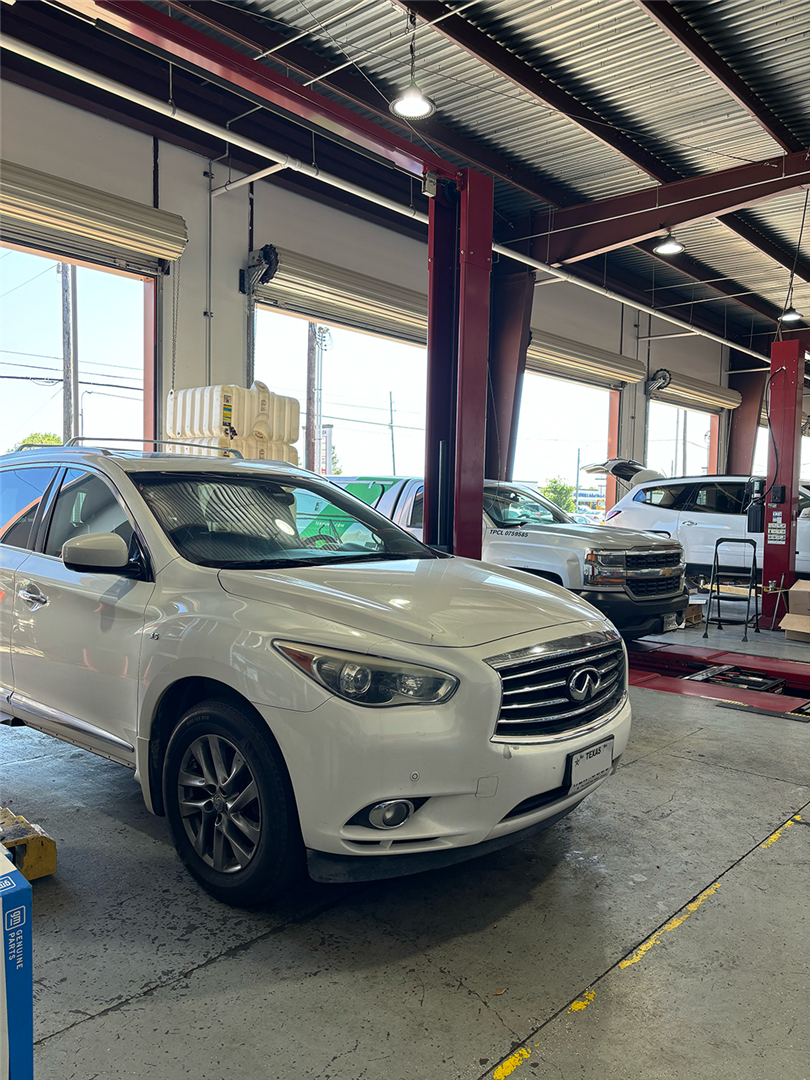
- Jump-Start the Battery: Use jumper cables and another vehicle to jump-start your battery. Ensure you follow the correct procedure to avoid damage.
- Call for Roadside Assistance: If jump-starting isn't an option, call for professional roadside assistance.
- Visit Elite Auto Experts: If your battery frequently dies, bring your vehicle to Elite Auto Experts. Our team can diagnose the issue, check your battery and charging system, and provide solutions to prevent future problems.
At Elite Auto Experts, we're committed to keeping you on the road with a reliable vehicle. Understanding the causes of a dead battery and taking preventative measures can save you from unexpected breakdowns and keep your car running smoothly. If you have any concerns about your car battery or need assistance, don't hesitate to contact us. Make your appointment now. We're here to help!
